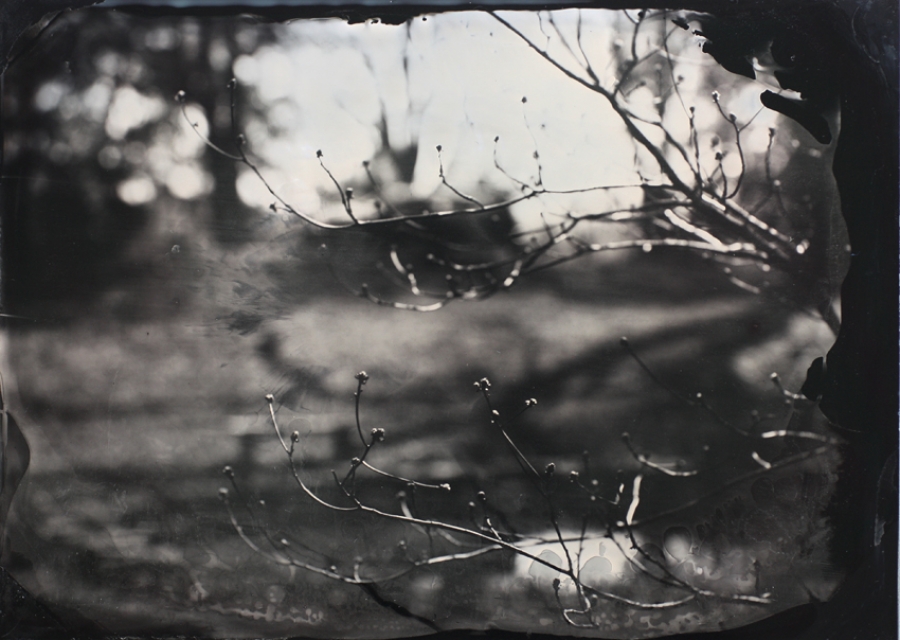
Writing Horses
I came from New York to the racetracks of Florida as a groom but also as a poet, one who wasn’t writing very much. I wrote mostly in my head back then (this was the late Seventies), and listened to Southern weather come down hard in the trees at Hialeah Park in Miami that first winter out of the city. I had to live in a Vista Cruiser before hooking up with an outfit that could give me a room or—if I was lucky—a stall that had a real runner in it.
It took some time to end up in a good stable, but I was young and the timing of youth has a sense of the divine, or so it seemed when one day I found myself working for Woody Stephens, who had one of the best training outfits in America. And even though his was a good barn, there was no hierarchy on the track. The grooms and exercise riders and assistant trainers all pulled the same broken-down folding chairs into the shedrows at night under the palms, telling stories about the horse that was a rising star, or the horse that had fallen from grace, or the trainer who had said to a drug-addled groom, “you must be drinking your bathwater,” or the famously rank colt D’Accord who had—so this particular story went—picked up a hot walker by the scruff of his neck as he was passing by, dragged him to the back of the stall, and stomped him to death.
All writing starts somewhere in the body before it emerges as language. For me it seemed to start during those warm winter nights at Hialeah, when I listened to stories fall from the mouths of black and white grooms who lived somewhere between happiness and the next van ride that would take them and their horses over to Calder or Gulf Stream, where the easier races were being run. Dreaming was easier there, and we were all—all of us—dreamers. We dreamed awake. And so there was always something unreal about our work. The morning light trembled in the trees and floated over the straw of freshly bedded stalls. You move slowly around horses in the morning, and then—in what feels like a folding over of time—it is afternoon and you are watching the same horses run.
I was writing poems in my head about what it was like to have nothing in front of me but horses, and about how I would have to navigate my body in a stall in such a way that I wouldn’t get hurt, and how that had become a metaphor for other times in my life when I needed to tell myself: Don’t get hurt. But I didn’t write any of that thinking down because I was too drunk a lot of times and lived between hangovers. On the track, I had no paper, no pen, and certainly no computer. Florida absorbed me with heat and routine and got mixed in with a body on its way to being broken. I just kept going forward until I left the racetrack finally and stopped drinking finally. Then, the horses dropped away from my actual life and entered my sleeping dream life, and I was left with the first sentence that would lead to all the other sentences of what would later become a book about the racetrack: I ran away.
Return to the “Poetry in Place” symposium.
Read “Swale,” a poem by Michael Klein.

